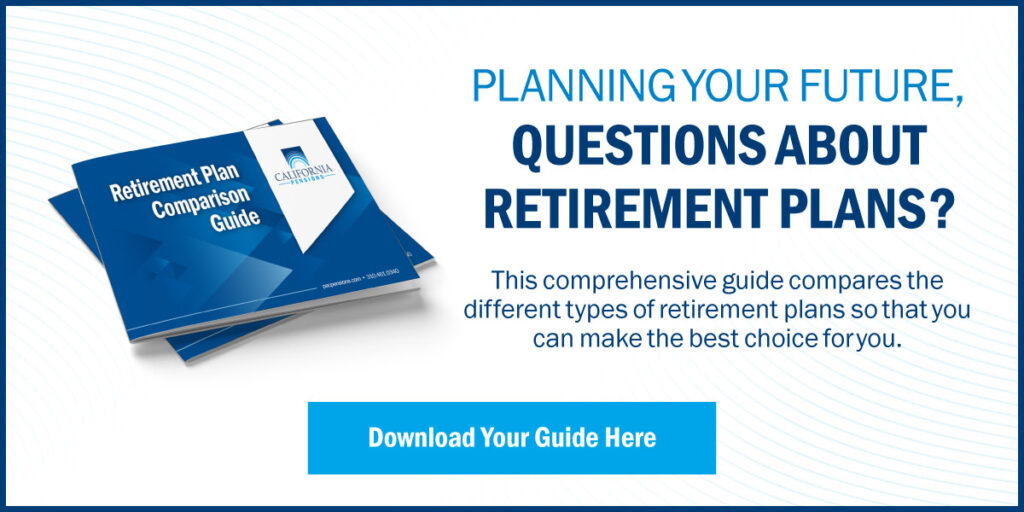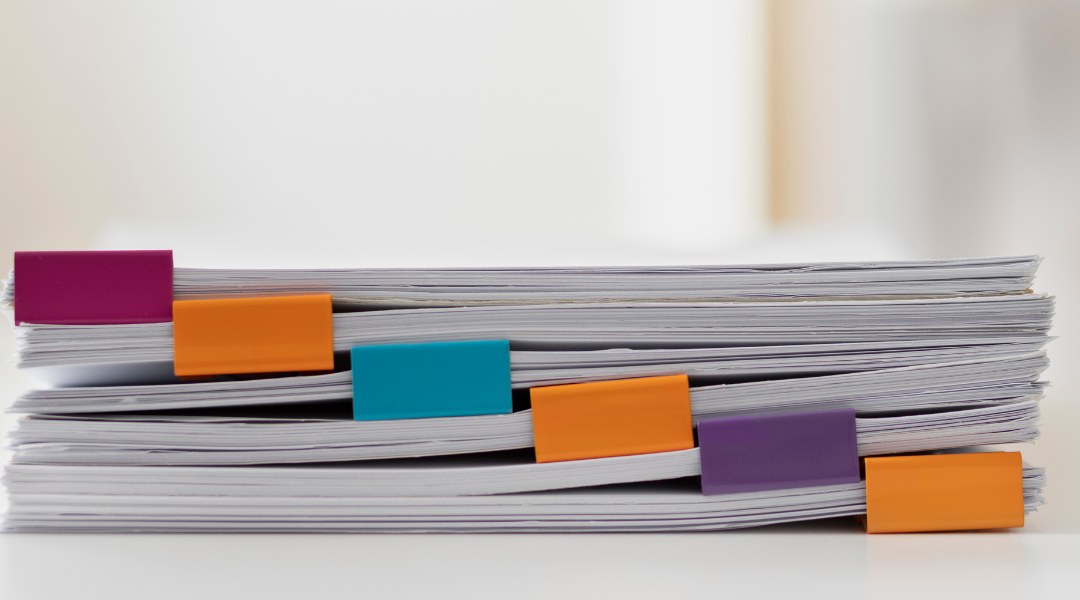When it comes to owning a business, there’s a lot to keep track of. From monitoring quality control to managing business expenses and everything in-between, you may think keeping track of your employee benefit plan records can rest at the bottom of your priority list. The truth is keeping track of these records is a critical task that shouldn’t be underestimated. But why is recordkeeping so important?
Learn to Get the Most Out of Your 401(k) With Our Infographic!
The Importance of Recordkeeping
It’s probably not something you think about every day, but historical plan records may be needed at a moment’s notice. If a participant has questions about their benefits or account, you are responsible for providing the necessary documentation. Another major reason for recordkeeping is the need for compliance with ERISA, DOL, and IRS legal requirements. This includes IRS and DOL audits that can happen up to six years after the plan assets are paid out and the final Form 5500 is filed. Not producing the necessary records during an examination can result in failing the audit, leading to expensive fines.
But in a sea of records, what documents should you keep? Here’s what you’ll want to hold onto:
- Plan documents and amendments
- Participant records such as account balances, contributions, earnings, and compensation data.
- Form 5500 copies
- Trust records
- Census data
- Loan records
- Corporate income
- Financial reports
- Nondiscrimination and coverage test results
Proper recordkeeping also ensures the safety of participant information. Plan records involve sensitive information including confidential data, identifying details such as names, social security numbers, financial information, and more. When poor recordkeeping is involved, the likelihood for potential misuse of this information increases.
How a Recordkeeper Can Help
If this information seems overwhelming to you, take advantage of California Pensions’ recordkeeping services. Our recordkeepers can safely keep track of your important records. They can also account for the movement of all the diverse sets of money types in a plan such as pre-and post-tax salary deferrals, employer matching and profit sharing, and rollover contributions. Discover all the skills our recordkeepers can offer as well as other ways California Pensions can help.


